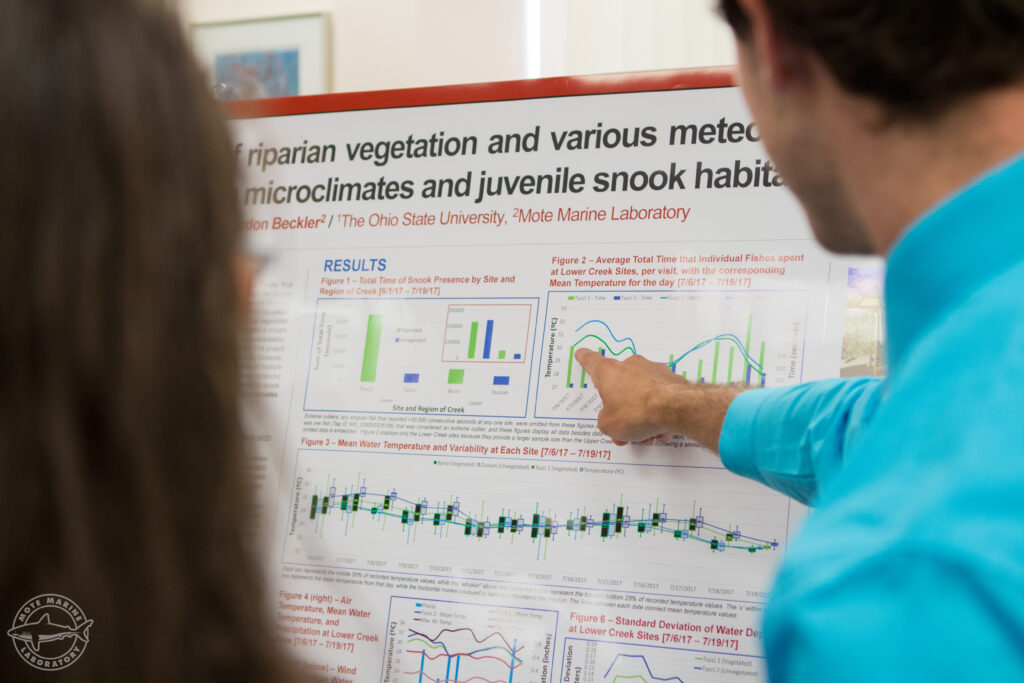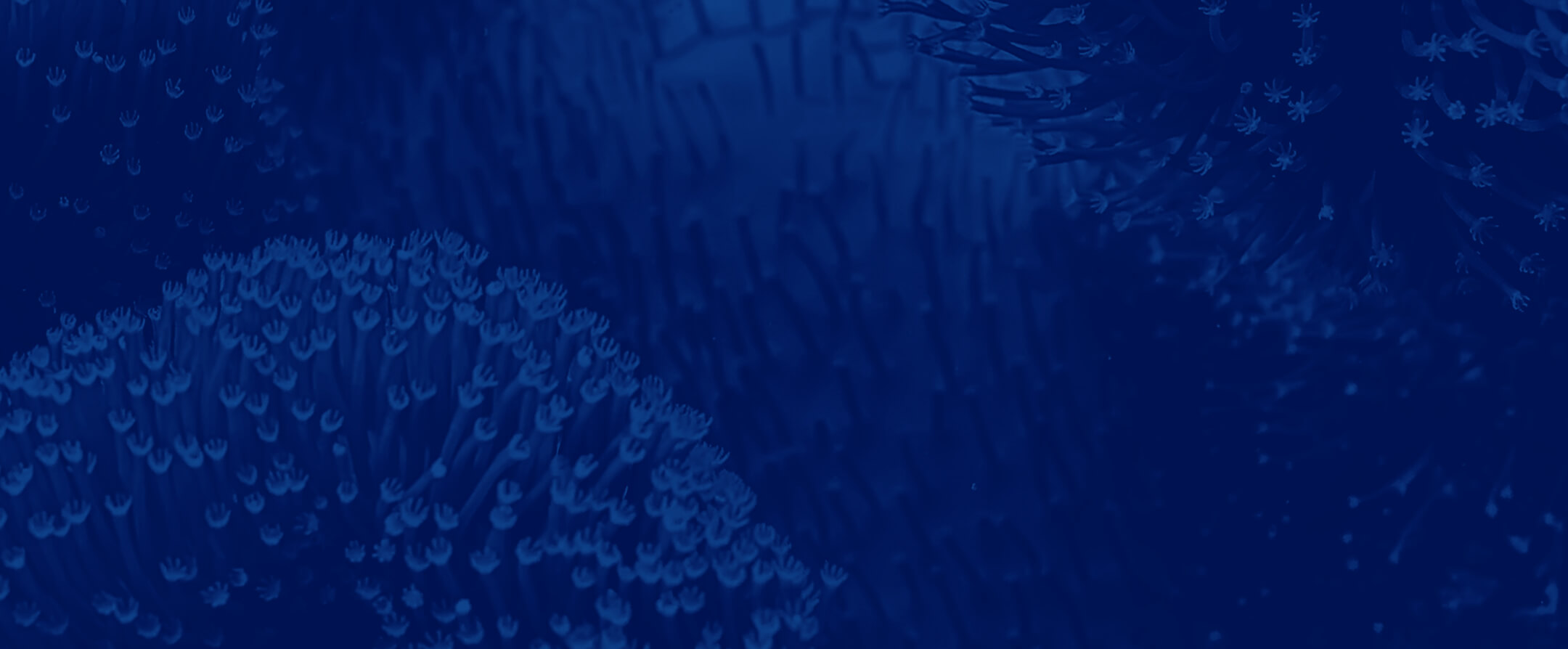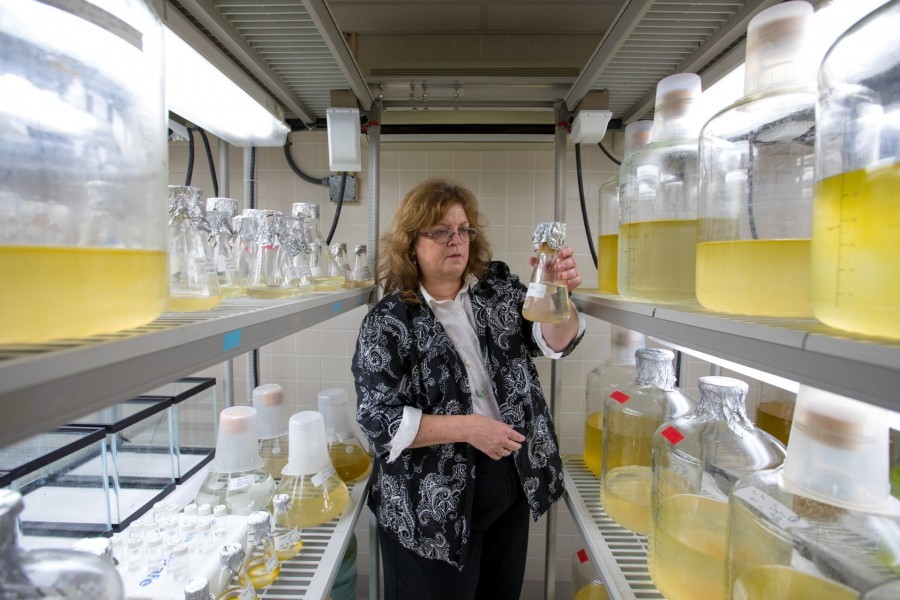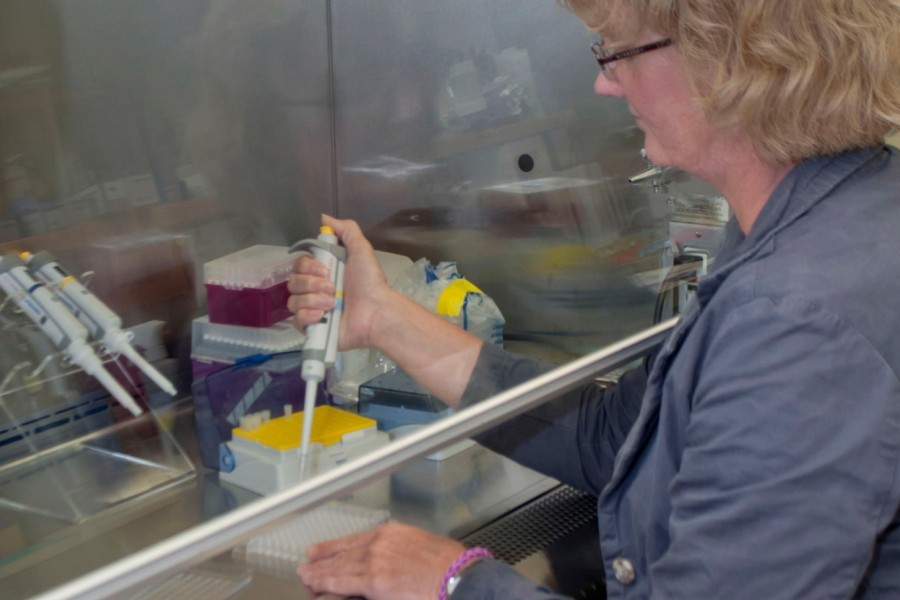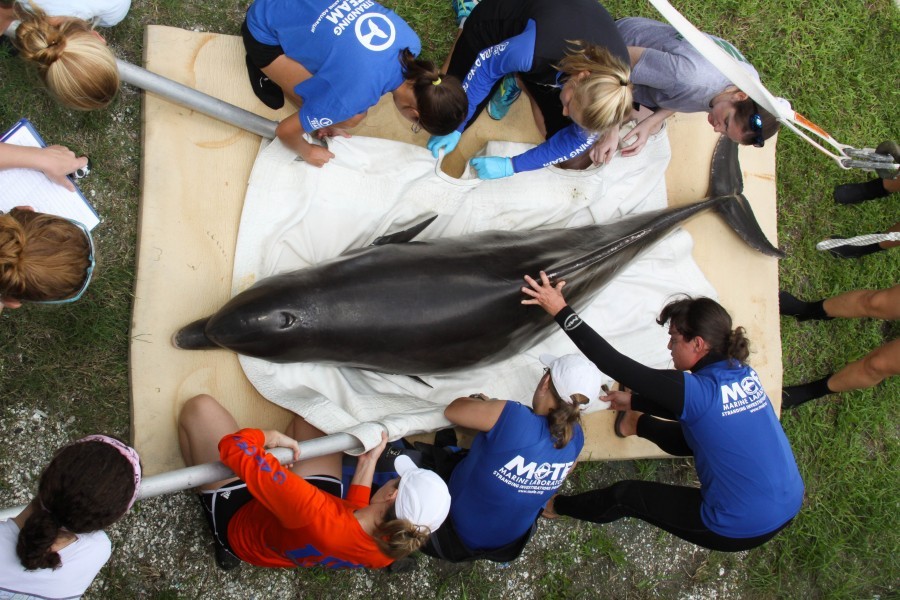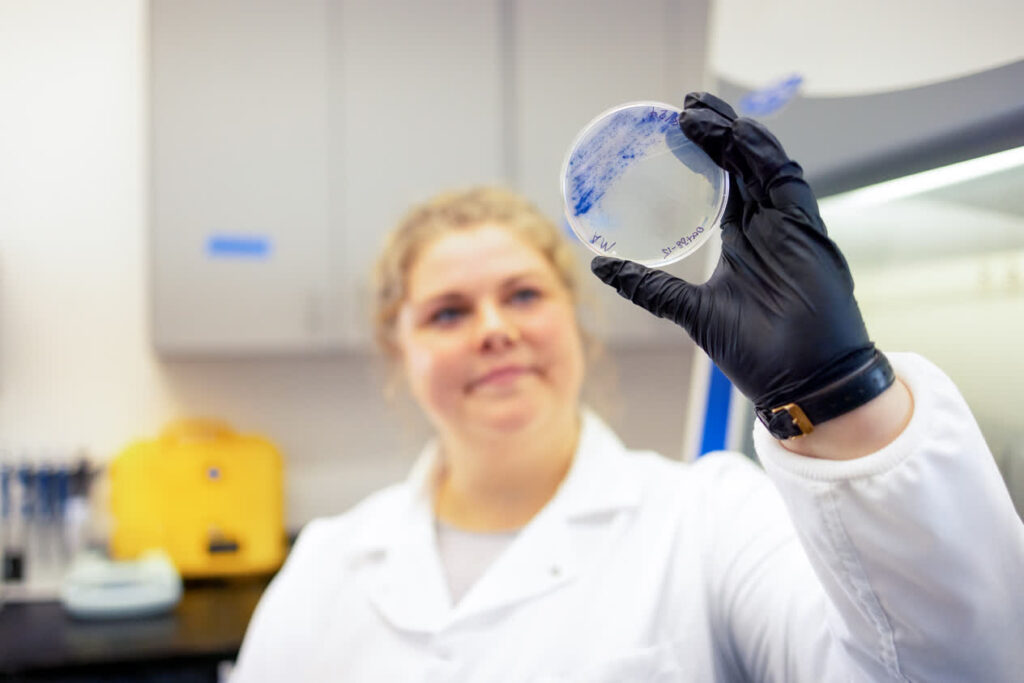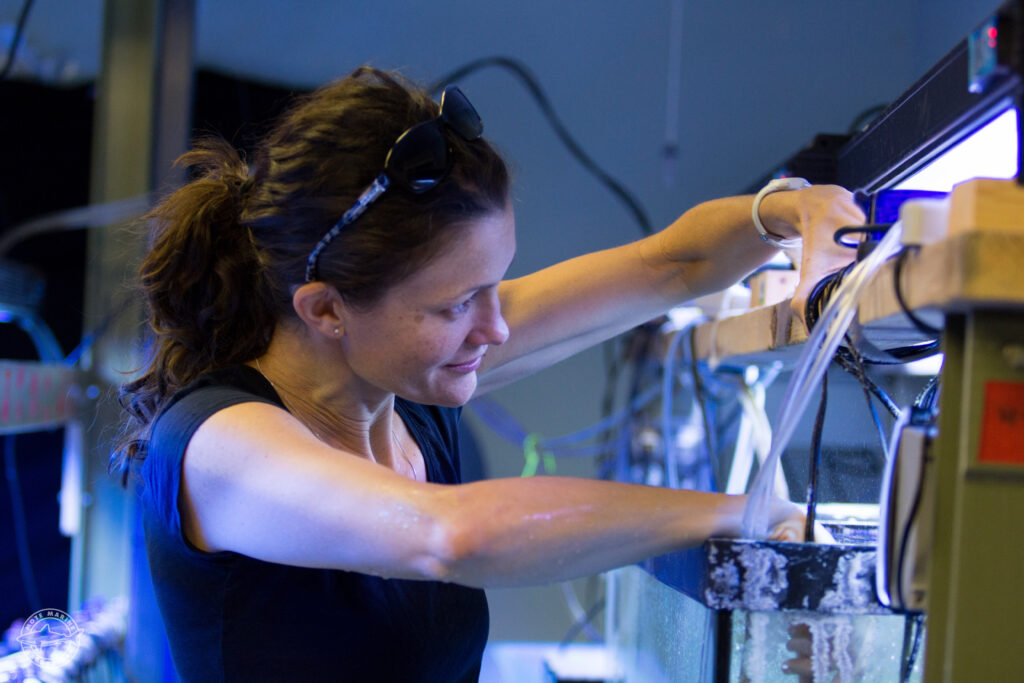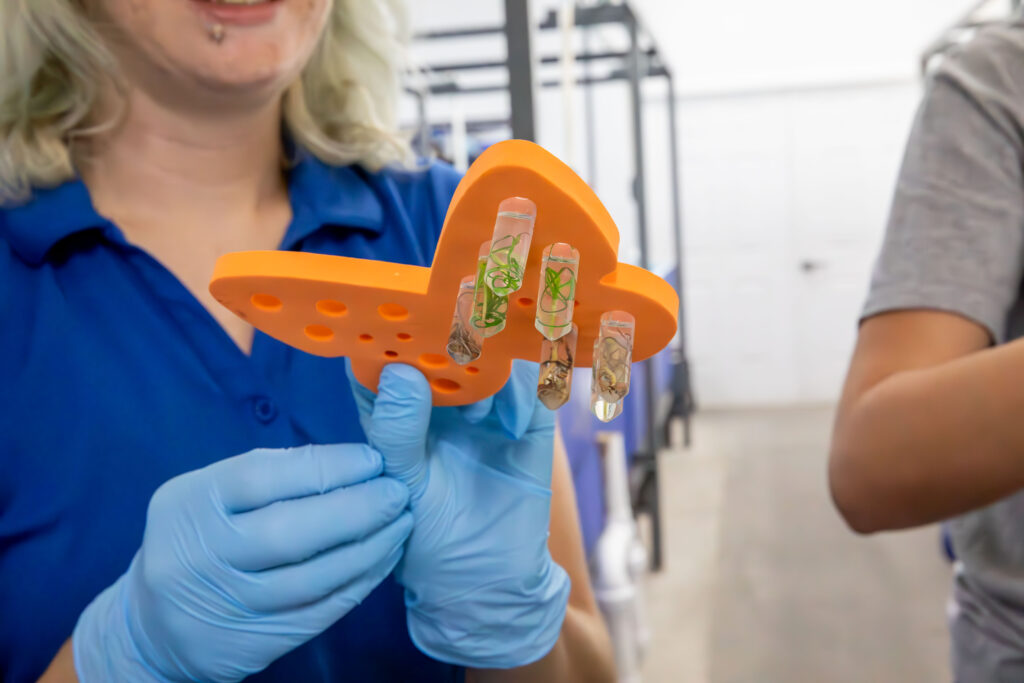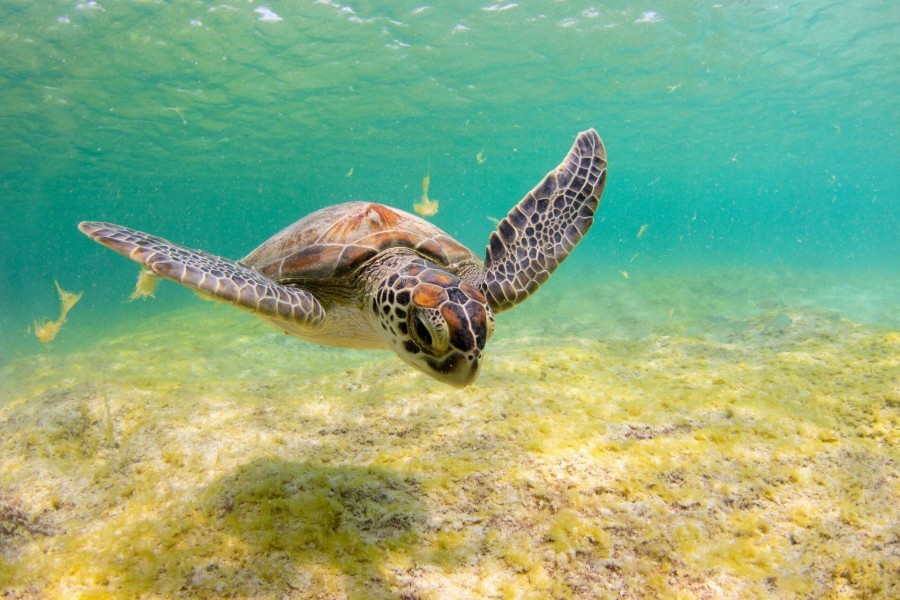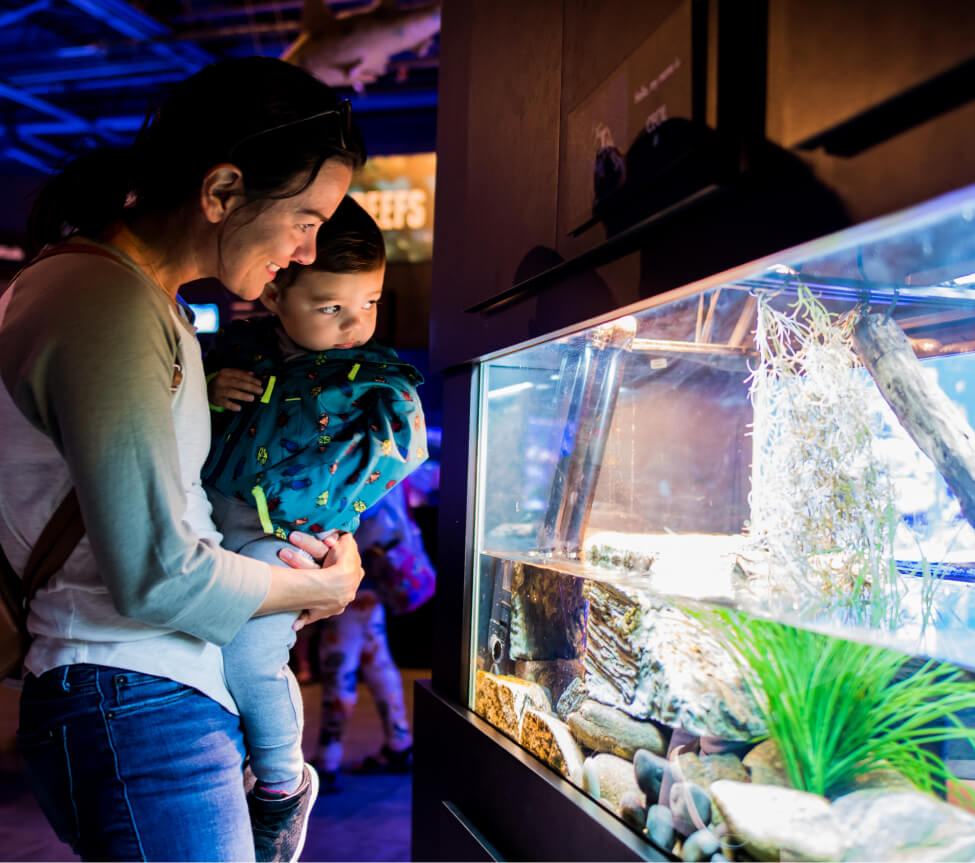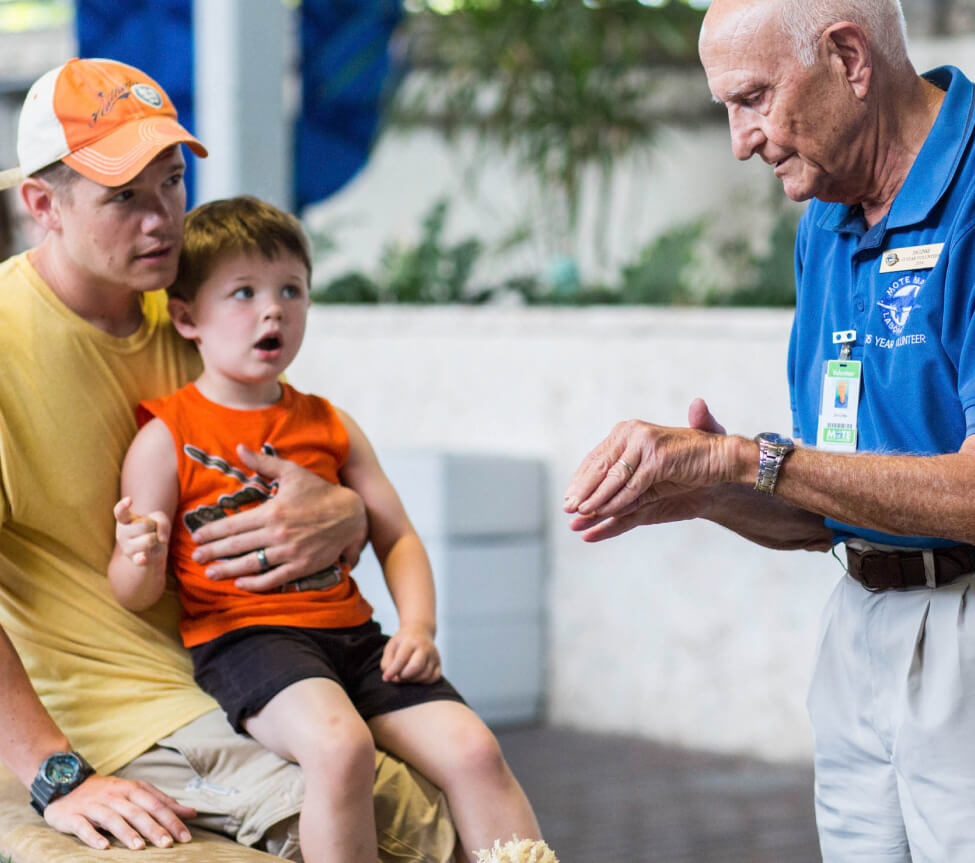NSF REU Internships
This program offers a residential research experience for undergraduates and is designed to provide hands-on opportunities to participate in scientific research under the mentorship of Mote scientists. Students gain experience in scientific research, science communication and attend research seminars and workshops on career skills. The experience gained through a Mote research internship will enhance both the knowledge and experience needed for entry-level employment as well as graduate studies within related fields. Interns will participate in scientific projects being conducted in their mentor’s area of expertise.
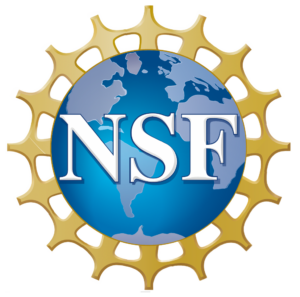
REU projects offer an opportunity to increase the participation of the full spectrum of the nation’s diverse talent in STEM. The goal of this program is to broaden participation of historically underrepresented groups in STEM.
We at Mote are scientists, explorers and stewards of the ocean. Focused on research and education, we work to create a better environment for ourselves and our families. The answers are in the ocean. Together, we will find them.For more about Mote, click here.
The NSF REU Summer season will run from May 25 – August 2, 2025. Applications are now closed. Check back in December for information about our 2026 program.
Eligibility
- U.S. citizens or permanent residents of the U.S. or its territories.
- Currently enrolled* in a degree program (full-time or part-time) leading to a baccalaureate degree.
- First-time URE participants. Priority will be given to students who have not completed an NSF URE internship program.
- Available for the full duration of the program, from May 25 to August 2, 2025. For questions regarding scheduling conflicts, please see our REU FAQ page.
No former research or internship experience necessary.
Expected Outcomes
Student participants will:
- Conduct mentored research projects under the direction of a Mote scientist.
- Gain experience in the development of research plans by completing a research proposal.
- Gain experience in scientific writing by completing a “manuscript-style” final research paper.
- Gain experience in oral presentation of scientific data by presenting their research results in a laboratory-wide poster presentation.
- Attend research seminars on ocean science.
- Learn about opportunities for graduate study, careers in marine science, and communication skills in science by participating in student workshops.
Stipends, Travel & Housing
Students participating in the Mote REU Program receive:
- Earn a $7000 stipend over a 10 week period.
- Free housing in a local dormitory. *Confirmed upon acceptance notification.
- Financial support for travel expenses between Mote and their home institution.
Note: Provided dorms are off-campus so bringing a car is highly recommended. Public transportation between Mote and most local areas is available through a local bus system. Interns are responsible for providing or making arrangements for daily transportation to Mote.

